From an early age, children are bombarded with images of ‘perfection’ online and in music, TV, film, advertising. This can make them feel that how people look and present themselves is more important than who they really are. It can also make them feel insecure about their own developing bodies. But while you can’t really stop them seeing images of ‘perfect’ bodies in the media, there are simple things you can try to help them be more confident about the way they look.
What is body image?
Body image is how we think about our body, how we believe others see us, and how we behave towards ourselves and other people as a result. It’s a big part of who we are as a person, and can change throughout our lives as we grow up and go through different life stages.
Having a ‘good’, ‘positive’ or ‘healthy’ body image doesn’t mean being perfect. Far from it! It means:
- accepting our body the way it is
- appreciating it for everything it can do
- looking after it so it can stay healthy
- being able to filter out things that could make us feel bad about ourselves.
So really it’s more about being ‘neutral’ towards our bodies than feeling good about them, because nobody feels good about themselves all the time.
Body image is nothing new. People have always cared about how they looked – even cave people wore jewellery! People of all genders can have issues with their body image, and it doesn’t necessarily have anything to do with what we look like – people who are celebrated for being beautiful can still struggle to accept their bodies. It’s not all to do with weight either – from face to feet, we all have some part of us we don’t like very much. But we may all have parts of our bodies that we like too!
What can affect body image?
The way we see ourselves isn’t just influenced by our own thoughts and the mirror. It’s affected by lots of external things too, like:
- how our family and friends and people in our wider community see us and treat us
- the culture we grow up in
- images we see in magazines, adverts, on TV and online and in social media.
The way we see ourselves can also be affected by health conditions, our psychological wellbeing, neurodiversity (how our brains work) or disabilities and by life changes that affect how our bodies look and function, like puberty, accidents and pregnancy.
Why is it important to encourage children to have a good body image?
There are very few people who are 100% happy with the way they look all the time and wouldn’t change a single thing. But for many people, puberty and the teen years are when they start to feel more self-conscious about their bodies, and when body dissatisfaction can begin.
Being embarrassed about or ashamed of our bodies can stop us from leading a happy, healthy life and taking part in all the things we want to do. And this can also lead to mental health problems like depression, and is often linked to eating disorders too. So it’s never too early to start helping your child develop a positive body image, before they start to become more self-conscious about the way they look.
Tips for helping your child feel confident about their body
Tip #1: Be positive about your own body
This can be hard as we all have bits of our bodies we don’t like and days when we don’t want to look in the mirror. But by being kind about your own body and not constantly criticising yourself in front of your children, you’ll be helping them learn to be kind to themselves too.
You can find some helpful tips for improving how you feel about your body on the Mental Health Foundation website.
Tip #2: Be active together
Try and keep as active as you can with your kids, whether you’re out and about or stuck indoors on a rainy day. Encourage them to think of physical activity as fun and good for your health and mental wellbeing, rather than linking it to the way we look.
Tip #3: Talk about taking care of your body to be healthy
We all need to look after our bodies, but try and emphasise to your child that it’s important to look after yourself to be healthy and to be able to do the things you want to do, not to make your body look a certain way.
Tip #4: Try not to focus on people’s looks
How often do you find yourself talking about weight, or diets, or praising or criticising someone else’s appearance, whether they’re a celebrity in a magazine or your next door neighbour? Try to stop yourself doing this too much, particularly in front of your child.
Instead, why not comment on the person’s abilities instead? Maybe they are kind, loyal, creative, a good listener or a great singer? This will help your child grow up with a more balanced view of people’s skills, abilities and personal qualities.
Tip #5: Eat healthily
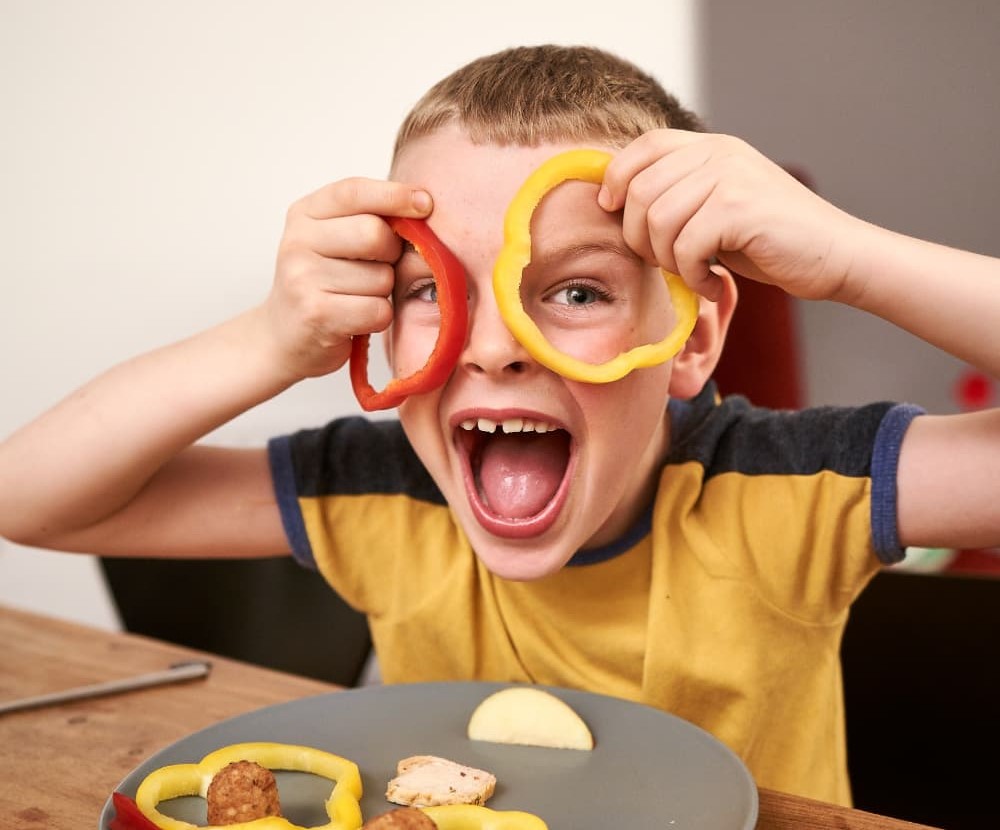
If you have a healthy attitude to food, you’ll pass it on to your kids. Again, we know this isn’t always easy – but there are a few simple things you can do that will help:
- Try to focus on a balanced diet as a way to keep healthy and strong rather than to control weight.
- Try not to make healthy food seem boring and sweet foods a treat – for example, try not to make pudding a reward for eating their veg.
- Resist the urge to label foods ‘good’ and ‘bad’ – instead try calling them foods you have ‘always’ and ‘sometimes’. There’s absolutely nothing wrong with having a treat every so often – in fact this is much more balanced than banning treats altogether.
- Try and avoid rewarding them with food – try hugs, stickers or more play time instead.
Our section on planning meals and cooking has lots of tips and information for eating healthily on a budget.
Tip #6: Praise them for who they are, not how they look
We all love it when our children look smart, or pretty, or handsome, but if children get too much praise for how they look they can start to feel that this is the most important thing about them.
Try praising them for things they’ve done, like getting up and dressed on time in the morning, working hard for a test at school, practising music or sport, being kind to someone or tidying their bedroom without being asked.
Of course we’re not saying you should never say your child looks nice! But maybe try commenting on things they have control over, like choosing a nice outfit or brushing their hair, rather than their looks.
Tip #7: Don’t tease them – even affectionately
‘It’s just puppy fat!’ ‘Look at those jug ears!’
Sometimes we can say hurtful things and then laugh them off and say we’re ‘only joking!’ But children (and adults) can take comments like this to heart, so try not to tease them about the way they look, and ask friends and other family members to show the same respect.
Tip #8: Encourage your child to be their own person
If your child feels confident about who they are and what’s important to them, they’re less likely to be swayed or upset by outside influences like social media. Here are some easy ways you can encourage them to have a strong sense of ‘self’:
- Encourage them to express their opinions at home – even if you don’t agree with them!
- Help them develop their own style by letting them choose their own clothes and hairstyles. They’ll probably make some fashion faux pas, but haven’t we all?
- Let them arrange and decorate their bedroom in a way that suits them – although it may be nice if you can see the floor!
- Make time to talk about the things that matter to them, to show you’re interested in the things they value (even if sometimes you’re not!).
- Encourage them to pursue the things they love, and try not to push them towards hobbies that are important to you, but they’re not bothered about. Whether it’s sport, pets, Lego, music or computer games, give them time and space to do the things they love.
Isn’t my child a bit young to be worrying about their body image?
You may well feel that your child shouldn’t be worrying about the way they look and that these are concerns for older children and teens. But sadly research shows that children as young as 6 don’t like the way they look. So it’s never too early to start thinking about how you can help boost their confidence at home.
What can I do if my child’s struggling with the way they look?
If your child’s unhappy with the way they look, here are some things you can do to reassure them:
Tip #1: It’s what’s inside that counts
Help them list all the good qualities they have, like being kind and caring, persevering and working hard, and let them know how much you value these qualities in them. You could even put the list in their ‘awesome box’ if you’ve made one.
Tip #2: Remind them of all the things their body can do
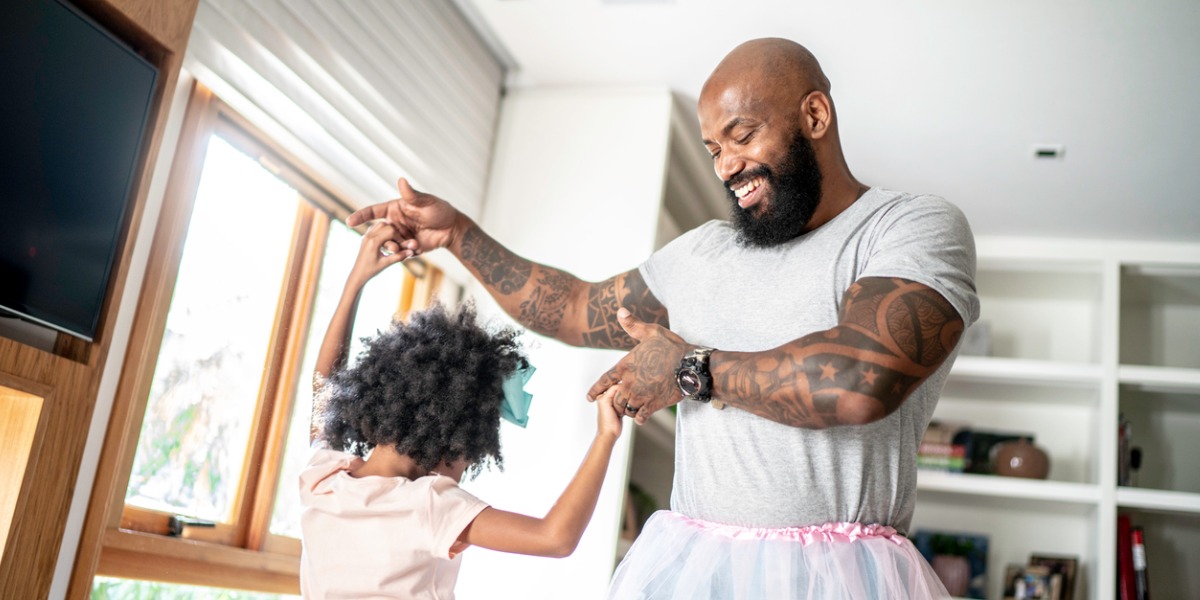
From running and jumping to singing, dancing and being creative, our bodies can do amazing things! Help them think about all the great things their bodies can do. You could even all head outdoors and run about, or put on some music and sing along or dance, to celebrate what our bodies can do.
Tip #3: We’re all different
Try talking to them about how everyone is different, and how this makes life so interesting. It would be boring if we were all the same!
Tip #4: Chat about the images they see online
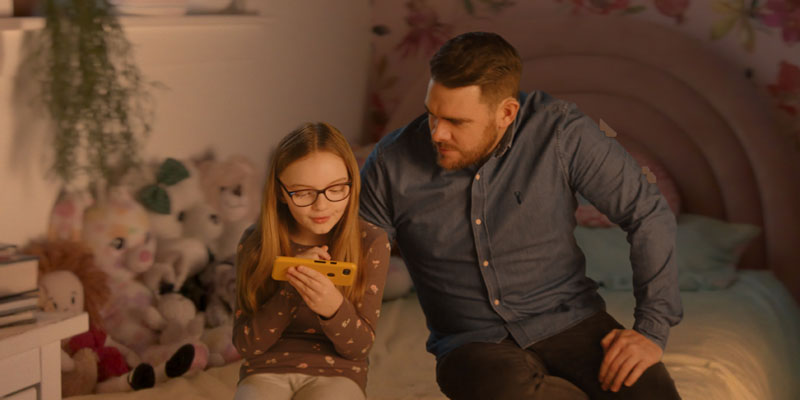
If they’re flicking through a magazine or (more likely) scrolling online, remind them that the people they see in the photos and videos may have spent hours getting ready and spent lots of money on stylists, make-up artists and personal trainers. And sometimes the images are digitally manipulated to make them look better.
Tip #5: Encourage them to take part in ‘offline’ activities
It’s totally normal for your child to want to spend time chatting, playing games and exploring online. But try and encourage them to spend time doing things ‘offline’ too, like playing with friends ‘in real life’, making music, doing something creative or taking part in sports or other group activities.
As much as you can, give them chances to try new things. Developing different skills will remind them that there’s much more to life than how they look. And if they discover something they’re good at, this will give them a real boost!
What should I do if I’m worried about my child’s attitude to their body?
Signs that your child may be feeling down about their body include:
- noticeable changes in their mood and the way they behave around you and their friends.
- big changes to the way they eat or exercise
- suddenly covering up parts of their body or not wanting to take part in activities where their bodies will be on show, like swimming or PE
- avoiding any photos being taken of them
- spending a lot of time editing photos and using apps to alter their appearance significantly
- having very fixed ideas about what a ‘good’ body looks like.
YoungMinds has lots of helpful advice around how to help boost your child’s self-esteem, and has information on where to turn if you need someone to talk to about it.
 Activities & Play
Activities & Play Behaviour
Behaviour Childcare
Childcare Development & Growing Up
Development & Growing Up Family, Friends & Relationships
Family, Friends & Relationships Feeding Your Baby
Feeding Your Baby Food & Eating
Food & Eating Health & Safety
Health & Safety Mental Health & Wellbeing
Mental Health & Wellbeing Money & Work
Money & Work Online Behaviour & Safety
Online Behaviour & Safety Pregnancy & First Days
Pregnancy & First Days School & Education
School & Education Sleep
Sleep

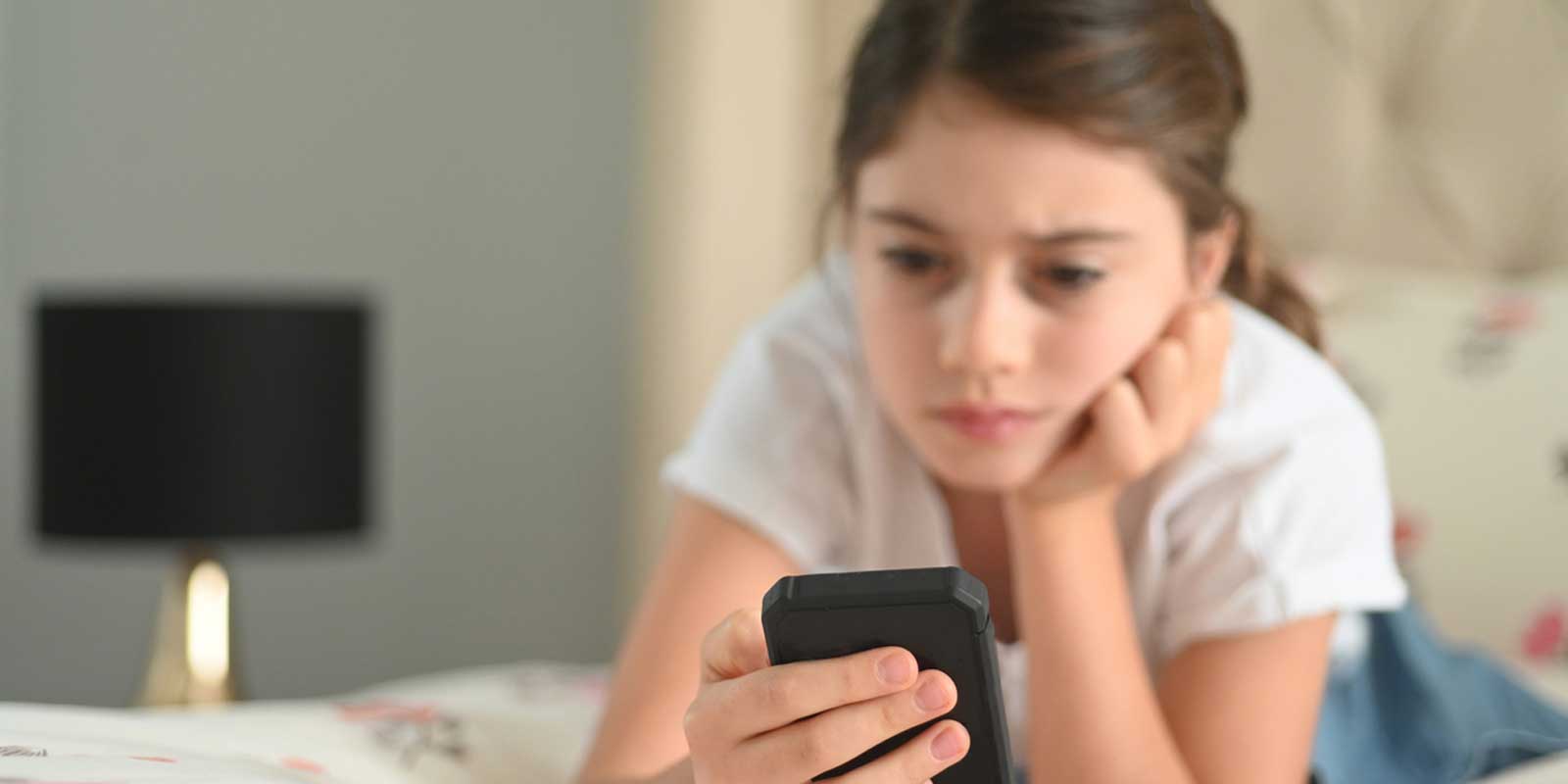
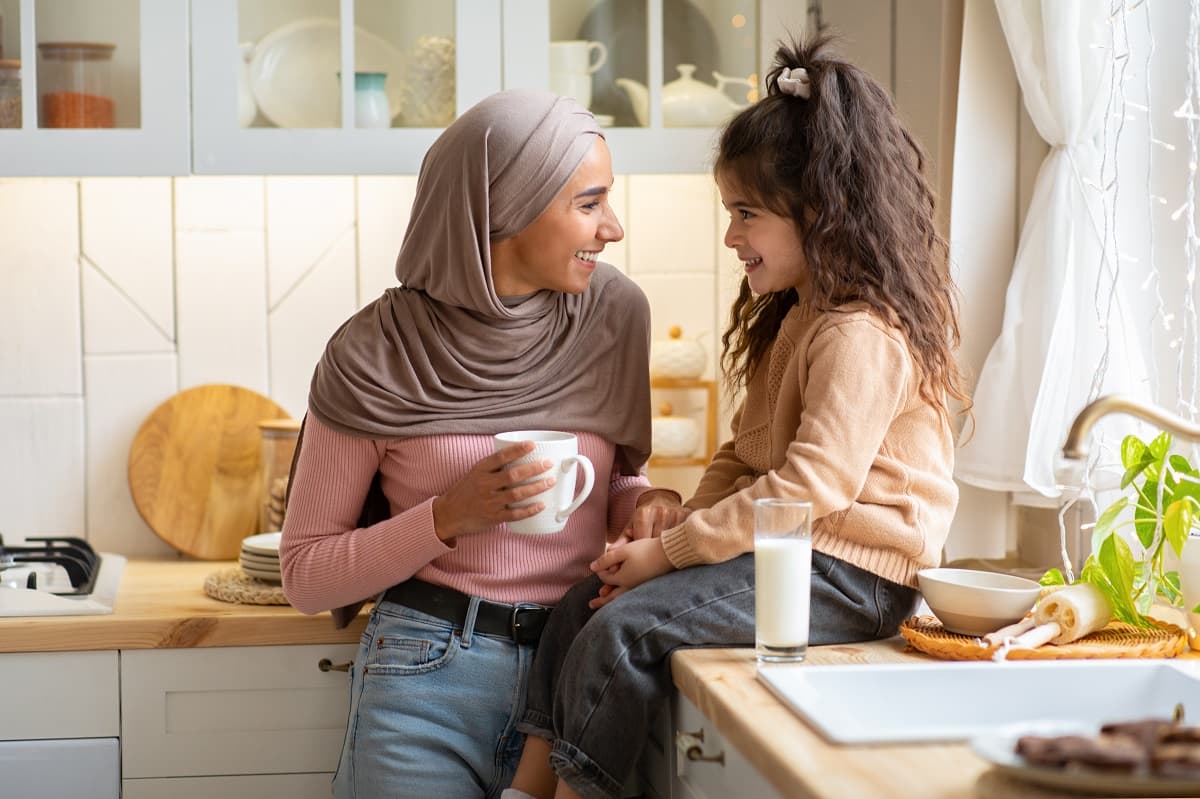

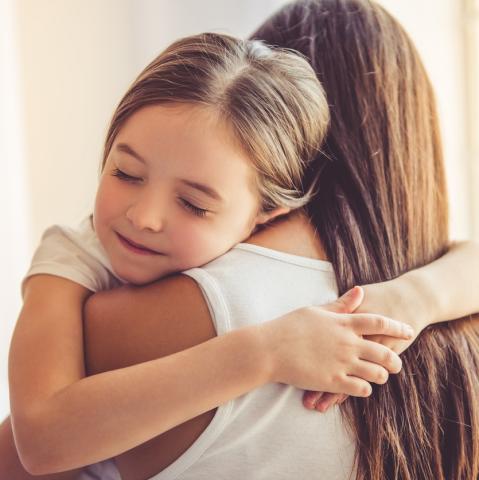

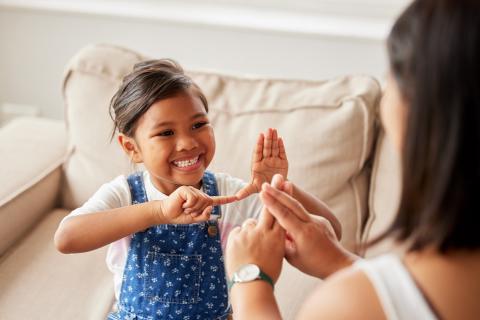
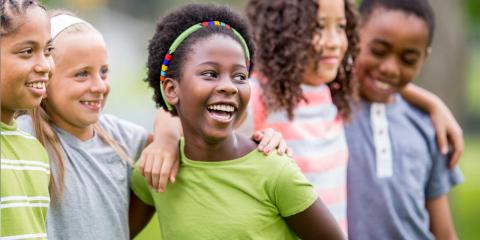


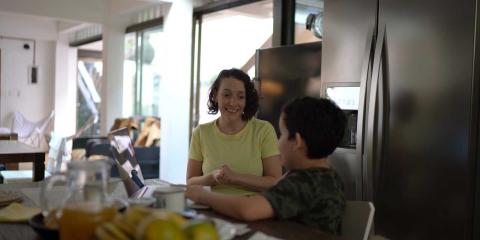
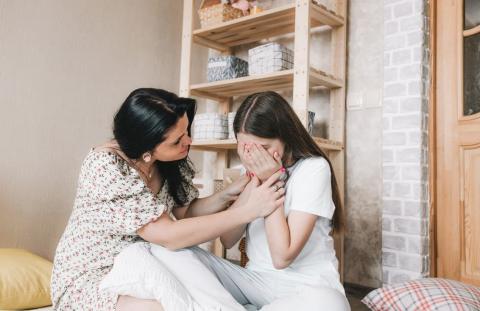

 Mental Health & Wellbeing
Mental Health & Wellbeing
 Online Behaviour & Safety
Online Behaviour & Safety